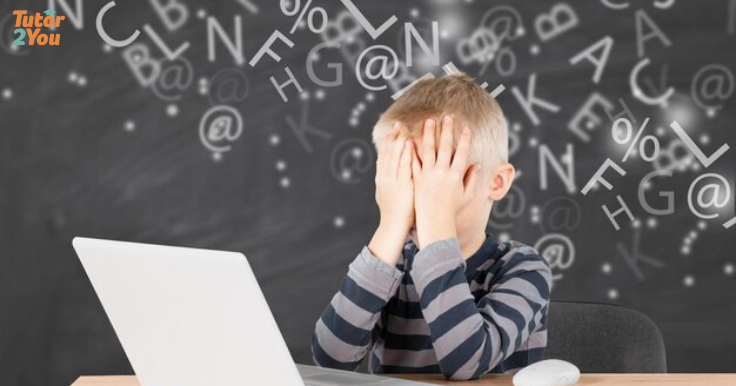
Understanding a Child's Learning Difficulties
It may be very challenging as a parent to understand your child has learning difficulties and how you will deal with them. It is important to remember that having a learning difficulty does not mean you do not have the intellect to learn. What it does mean is you may need to learn certain things differently.
Learning difficulties can affect the ability to read or write. Some learning difficulties make maths and number work challenging and other difficulties may have an effect on listening, speaking and concentration. All these difficulties can be helped by trained educators and remedial programs.
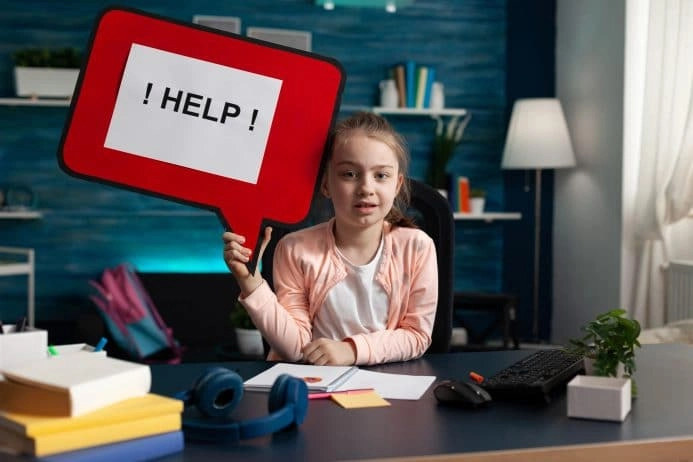
It is important to realise there is a difference between a learning difficulty and a learning disability. The terms may be easily confused as they seem to be interchangeable, but there is a difference to note.
A disability on the learning spectrum affects all areas of the child’s life while a difficulty may only affect one area of your child’s life and school performance. A learning difficulty puts an obstacle in the way of your child’s learning processes, but does not affect your child’s intellectual potential.
What are the specific learning difficulties?
Dyslexia:
One of the most common learning difficulties is dyslexia. It affects reading and can cause spelling and writing difficulties. Dyslexia is not part of lower intelligence but the child who struggles with reading and spelling may be perceived as being less intelligent. Signs of dyslexia would be difficulty with reading out loud. Frequent letter reversals and problems with spelling are another sign of dyslexia.
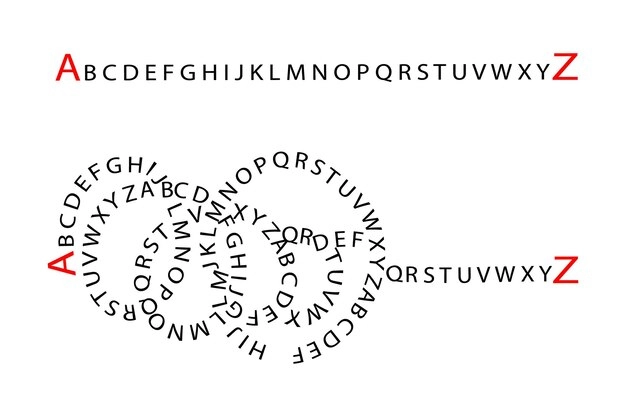
Dyspraxia:
This difficulty affects motor skills. It makes fine and gross motor skills challenging. Children with this difficulty may have trouble gripping a pencil firmly or they may be clumsy and uncoordinated. Children with dyspraxia will need more time to complete their work and could struggle with their organisational skills.

Attention Deficit Disorder/ Attention Deficit Hyperactivity Disorder:
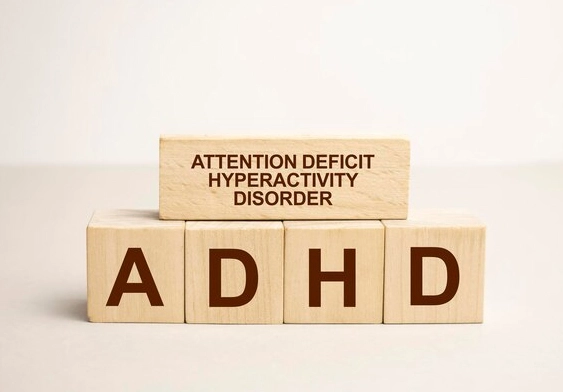
Children with ADHD disorder have difficulty in keeping focused for long periods of time. The hyperactivity part of the difficulty adds to the inability to concentrate on any task. These children stand out in a classroom situation and need special attention and coaching to help them focus. The ADD child may also have concentration problems, but because they are not hyperactive their lack of concentration may go unnoticed.
Dyscalculia:
This difficulty is different from the other difficulties because it is associated with number processing. Children with dyscalculia have difficulty with simple arithmetic and counting skills. Frequent number reversals and basic arithmetic processes are difficult for children with dyscalculia.
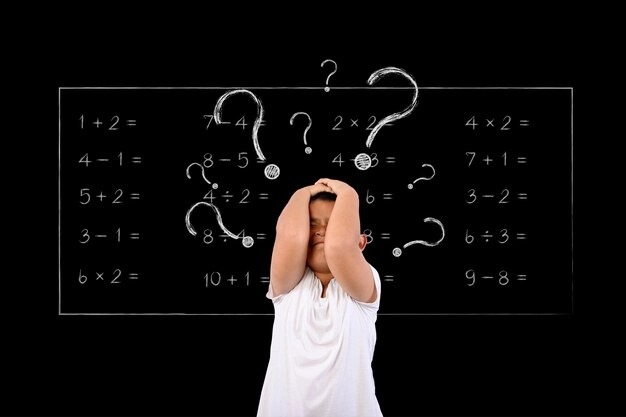
Dysgraphia:
A child with dysgraphia will struggle with handwriting. Letter formation, writing on lines and confusion of capital and small letters are all part of the dysgraphia’s difficulty. If your child has shocking handwriting and feels embarrassed to write on the board they may have an element of dysgraphia. They write less text than required for their work assignments and would probably work better if they were allowed to use the computer.
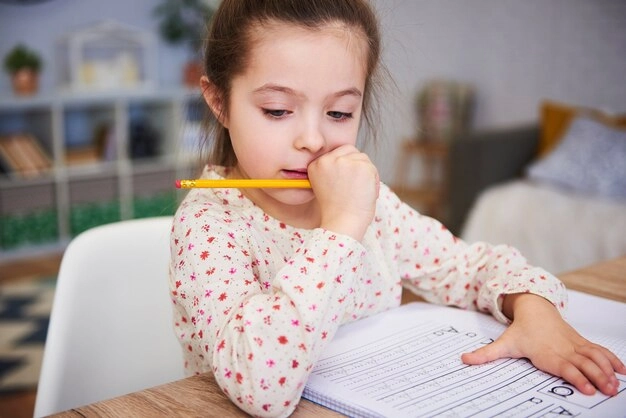
These five are the most common learning disabilities known as Sp.L.D (Specific Learning Difficulties.) If any of these difficulties are suspected in your child, some screening or testing would help to confirm the possibility of any of these issues. Children who have learning difficulties may not be able to learn in the same way as their peers. Sometimes these children mask their difficulty by just coping because they have the intellectual ability, but they do not reach their full potential.
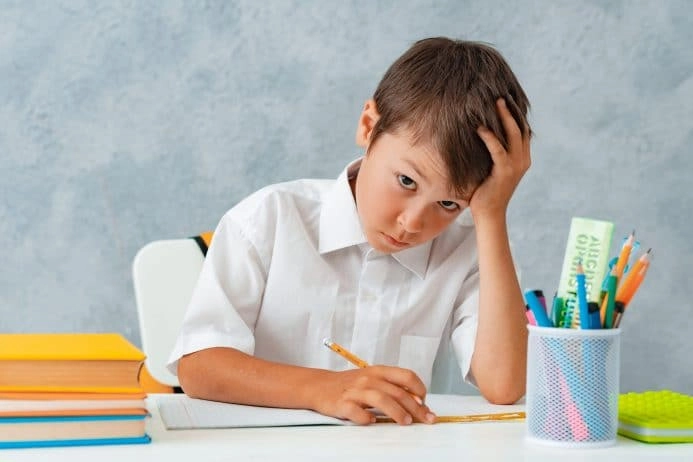
There are a surprising number of success stories of well known personalities who have overcome a learning difficulty and managed to come out on top. Actors, inventors and even well known authors have overcome their own personal struggles. Tom Cruise, such a well known movie star, was unable to read due to dyslexia. He memorises his script lines with the help of a coach. Thomas Edison the well known inventor of the light bulb, suffered from AD/HD as a child. Louis Pasteur who brought vaccinations and pasteurisation to the world had dysgraphia and dyslexia.
Assessing and supporting children with a learning difficulty could make all the difference to a child’s school performance. Parents who are aware of the different types of difficulties have the advantage of being able to understand the problem and follow through with any recommendations made by the school or therapists.

There is a Chinese proverb that says:
‘Learning is a treasure that will follow its owner everywhere.’
These words of wisdom ring true for the child with a learning difficulty. They need help and intervention to be able to unlock their treasure box. Learning in spite of learning difficulties should be available to all children.


